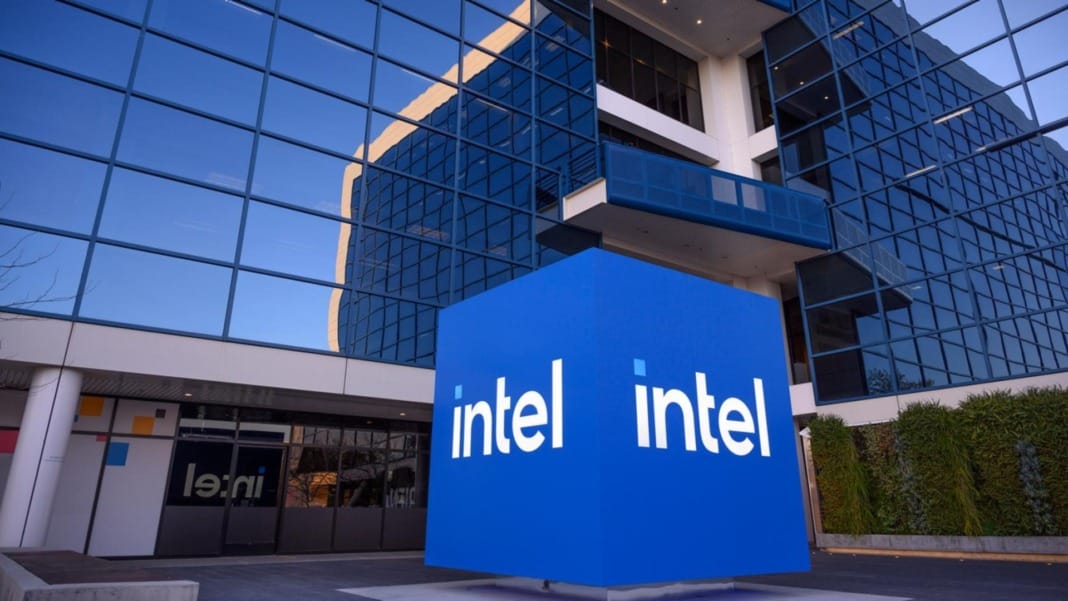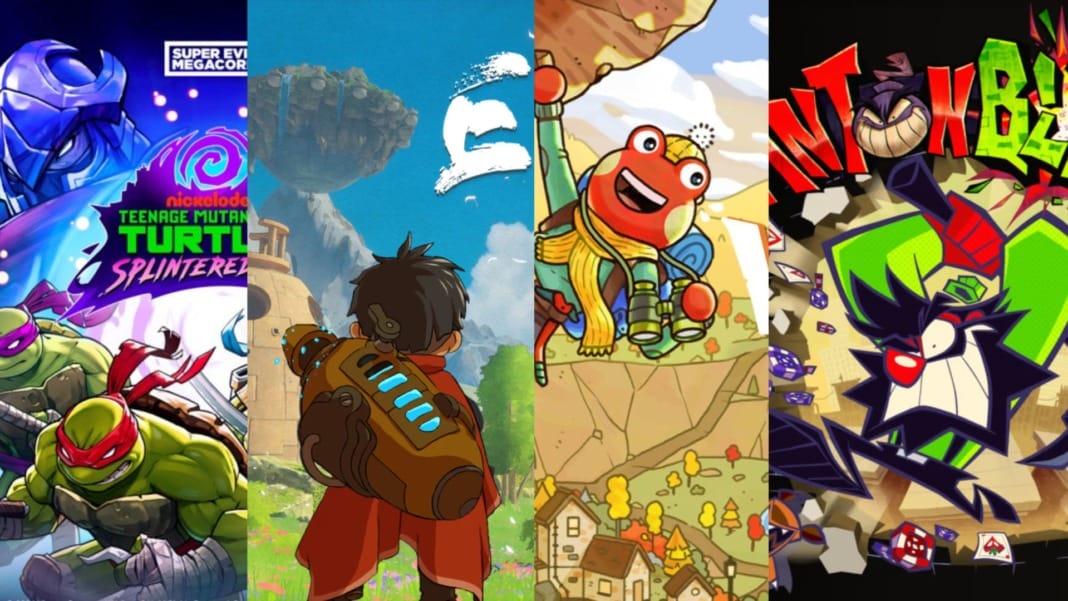In a bid to make generative AI more interoperable and accessible for enterprises, the Linux Foundation, along with industry leaders like Cloudera and Intel, has initiated the Open Platform for Enterprise AI (OPEA) project. This project aims to cultivate open, multi-provider, and modular generative AI systems.
Under the oversight of the Linux Foundation’s LF AI and Data org, which focuses on AI- and data-related platforms, OPEA seeks to create “hardened” and “scalable” generative AI systems by leveraging the best open-source innovations. Ibrahim Haddad, Executive Director of LF AI and Data, highlighted that OPEA aims to unlock new AI possibilities through a detailed, composable framework, aligning with its mission to drive open-source innovation.
Industry heavyweights joined the effort
The OPEA project, part of the Linux Foundation’s Sandbox Projects, boasts an impressive lineup of members, including Intel, IBM-owned Red Hat, Hugging Face, Domino Data Lab, MariaDB, and VMware. These companies bring a wealth of expertise and resources to the table.
OPEA’s efforts are focused on developing optimised support for AI toolchains and compilers, enabling AI workloads to run seamlessly across various hardware components. Additionally, the project aims to create heterogeneous pipelines for retrieval-augmented generation (RAG), a technique that extends a model’s knowledge base beyond its original training data, making it more versatile and useful in enterprise applications.
Standardisation and evaluation
Standardisation is a key focus for OPEA, aiming to create industry standards for components like frameworks, architecture blueprints, and reference solutions. The project also proposes a rubric for grading generative AI systems based on performance, features, trustworthiness, and enterprise-grade readiness. This evaluation framework will help ensure that generative AI systems meet the highest standards.
OPEA will collaborate with the open-source community to offer tests based on the rubric and provide assessments and grading of generative AI deployments. Intel has already contributed reference implementations for a generative AI-powered chatbot, document summarizer, and code generator optimised for its hardware.
Looking ahead
While OPEA’s specific projects are still under consideration, there is potential for open model development similar to Meta’s Llama family and Databricks’ DBRX. The project aims to avoid vendor lock-in and promote interoperability among different AI tools, benefiting customers by offering a wider range of options.
In conclusion, OPEA represents a significant step forward in making generative AI more accessible and interoperable for enterprises. By fostering collaboration among industry leaders and the open-source community, OPEA aims to drive innovation and set new standards in the field of enterprise AI.





